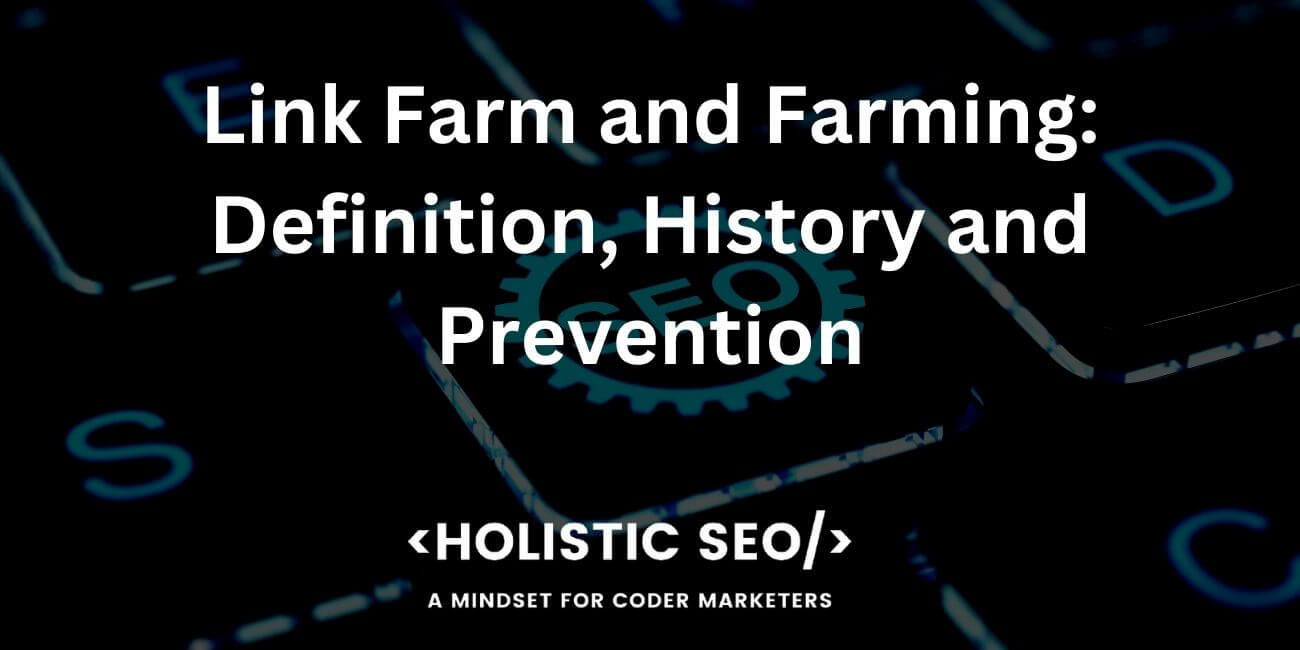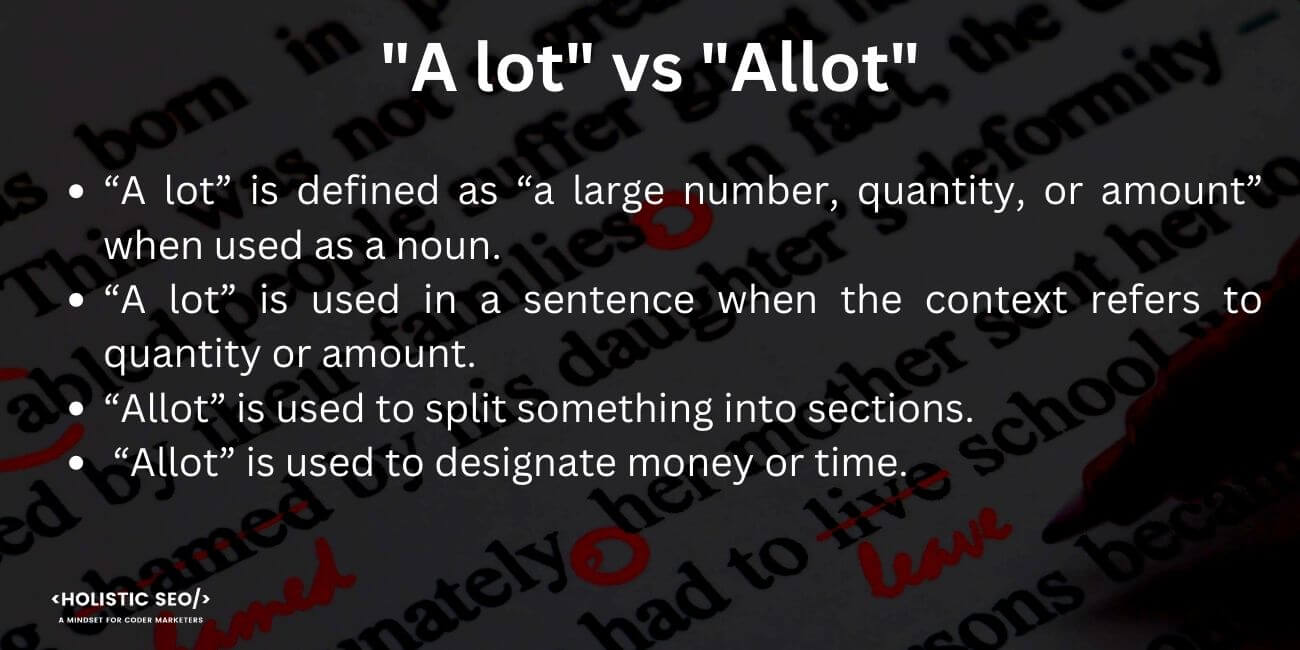Link farms and “farming” are methods used by developers to meet the SEO needs of a newly established website. Link farming is a way of introducing links that are arranged by SEO professionals who exchange links for cash. Link farming is important for SEO because it is the quickest way to promote a business that would simply rank in a short time. Artificially ranked websites that are products of link farming, most of which do not have quality content to share. Link farm businesses’ goal was to generate money other than provide a piece of good quality information for web search engine users. Link farms are companies that offer the creation of links inward to the newly published website. The goal is to make the new website popular based on the endorsement of a few websites that are only made for providing a link to a page.
SEO practitioners developed link farms in 1999 to take advantage of the search engine’s dependence upon link popularity, that is, in Inktomi. Inktomi technology is used on popular search engines like HotBot and Yahoo. The exploits of using link farming started because of the algorithm of Inktomi technology that without an inbound link, the page is not considered on the list of recommended pages. The backlinks that are sourced from link farms are manipulations established under the Inktomi web search. The SEO developers exploited the flaw in the system based on popularity identification to unnaturally rank websites including the Google PageRank algorithm. Link farms enable the list of businesses that have manipulated links more than other natural sites in the Inktome index. Google’s PageRank breaks that chain while the search engine evolves and gets smarter in determining and providing a good search engine results page.
What is the definition of Link Farm?
A link farm is an SEO tactic that uses websites to link to a specific website to rank it in a short span of time. The goal of a link farm is to set up a website that provides backlinks to a web page that are specified to provide a good amount of backlinks to grow the page rank just like a farm. Link farms are integrated manually and sometimes are automated solely to trick the PageRank algorithms. Link farms are typically small spamdexing websites that are stuffed with massive keywords. It is a spam blog containing internal links that go on to a client’s website. The spamming method towards link farms is a strongly connected component that is observed even by the naked eye, reading the contents and looking at the number of links inside a suspected website.
Is Link Farming a Web Spamming method?
Yes, Link farming is a type of web spamming method. The intention of a link farm is purely towards the business aspect perspective. The quality of the search is compromised because of ranking the page forcefully using link farming. A website that insists on offering links is a type of spam indexing method or spamdexing a term that describes a page that practices link farming for optimal indexing. It is a type of SEO spamming that would lead to more exposure than it deserves and as a result, there’s a big chance of getting placed into the SERP or search engine results pages.
How does Google prevent Link Farming?
Google prevents link farming by penalizing websites from indexing in search, including the links of websites that they are connected with. Google is the most trusted search engine worldwide. Preventing link farms is one of the early crusades of Google against SEO developers that tries to exploit PageRank. Eventually, the algorithm used by Google evolves into a smarter and more sophisticated AI technology that determines a good page from a bad one. SpamBrain is Google’s answer and the crusader that would combat spam on the internet. SpamBrain was launched in 2018 but was formerly introduced in 2022 to the public. The objective of Google against link farm websites paid off during their annual web spam report in 2021, showcasing the statistical differences after launching SpamBrain. According to the 2021 report, the AI-based SpamBrain is 6x more effective in identifying spam websites compared to 2020. There is a 75% reduction in gibberish spam-hosted platforms and a 70% reduction in hacked websites. Making the Google search results in 99% spam free.
What is the History of Link Farm?
Link farms became widely known as a trend for business on the internet in 1999. SEO developers use the link farming method to take advantage of popular search engines that consider link popularity as a basis for page rank. PageRank was affected by the kind of technique used by SEO and webmasters. The PageRank algorithm by Google in its early years was focused on links as page votes, along with the link to another page or backlink as casting a vote. Inktomi is a technology used by search engines like HotBot and Yahoo that is exploited by link farms. These early search algorithms used by popular search engines led to improvements and a lot more sensitivity in picking a good type of web page. Link farm services become a saturated business that most web searches aren’t providing good quality results. Observe these characteristics to identify a link farm site; Keywords, and internal links redundancy; Irrelevant content or short content pages; Page age is too young; Too many pop-ups. The introduction of Web 2.0 to create new interactive experiences enables the social relationship between the author and users to generate opinionated content. Darcy DiNucci authored Web 2.0 in 1999 as an upgrade to the Web 1.0 static website approach. WordPress is a web developer tool that builds websites or blogs online is one example of web capability in handling user interaction with authors by providing comments as opinions and responses to the content the author made.
Why is Link Farming a Black hat SEO Method?
Black hat SEO is a type of practice that goes against the rules of search engine terms by using manipulative methods to increase page rank. Link farming is a type of black hat SEO because of exploiting the loopholes in a search engine. It is making a fully set-up website look natural and organic on the search engine results pages or SERP. There are 3 main reasons to declare a website is practicing Black Hat SEO. First thing, if the website content is irrelevant and the keywords are repeatedly showcased on every edge of the article. Second, it has a massive number of links, and mostly repeated links. Third, the links connected to a website that is quite similar to others and contains exchange links for other sites are called PBN, or private blog networks are considered as a link farm; these practices are types of Back Hat SEO methods.
How does Link Farming manipulate PageRank?
PageRank’s manipulation is a form of cheating the process; it is a type of inorganic way to rank not because of the quality but because of the shortcut methods applied. An example of manipulation of PageRank is to ask someone’s website to link to its page, even if the genre or topic isn’t relevant to each other. Link farming is a form of manipulation practice that is considered Black Hat SEO. An example of link farming manipulation for PageRank is producing inbound links to a particular website that needs to rank.
How does Private Blog Network help with Link Farming?
Private Blog Networks, or PBN, are networks of blog sites that belong to the same owner or entity. The purpose of the PBN is to enable client websites outside the network to be endorsed by their program through inbound links to rank on the search engine results. PageRank is manipulated through these PBNs. The SEO developers exploit search engines’ limited capabilities because the algorithm is focused on identifying popular pages. PBNs are considered a link farm if the particular blog contains irrelevant links that are not related to the endorsed page, and contains links that are revolving around blogs that are owned by the same company. PBN is considered a Black hat SEO method that is pursued by Google to reduce and penalize by manipulating PageRank which goes against the webmaster policy. Link building is the most essential factor in how PageRank grows. PBN is one of those methods that everybody believes PageRank progress further. It is a type of manipulation and inorganic influencing of a page that is not to be recommended by Google on their search engine results page.
What is the difference between Link Farm and Content Farm?
A content farm is a type of website that contains short articles for purposely building massive content in a short period to be able to generate ads to attract visitors or pages. Content farms sometimes contain wrong or irrelevant information. Content farms do have a massive amount of advertisement on their pages and typically page speed is not optimized. The difference between a link farm and the content farm is that a link farm builds sites to promote links, while a content farm builds content to promote ads. Another difference is that the link farm depends on the links and backlinks to rank, while the content farm depends on the content build-up to rank on the search page.
What is the difference between Link Farm and Click Farm?
Click farm is a type of force manipulation to provide an unnatural way of interacting with a button, such as clicking. Click farms are companies hired to produce a lot of clicks for social media, web blogs, and websites. The difference between link farm to click farm is that link farm depends on links, while click farm depends on clicks. Another difference between a link farm and a click farm is that a click farm has an enormous amount of established social media accounts to interact on a client’s social media. Link Farm produces a number of web blogs to provide inbound links to client websites.
- 48 Online Shopping and Consumer Behavior Statistics, Facts and Trends - August 22, 2023
- B2B Marketing Statistics - August 22, 2023
- 38 Podcast Statistics, Facts, and Trends - August 22, 2023


